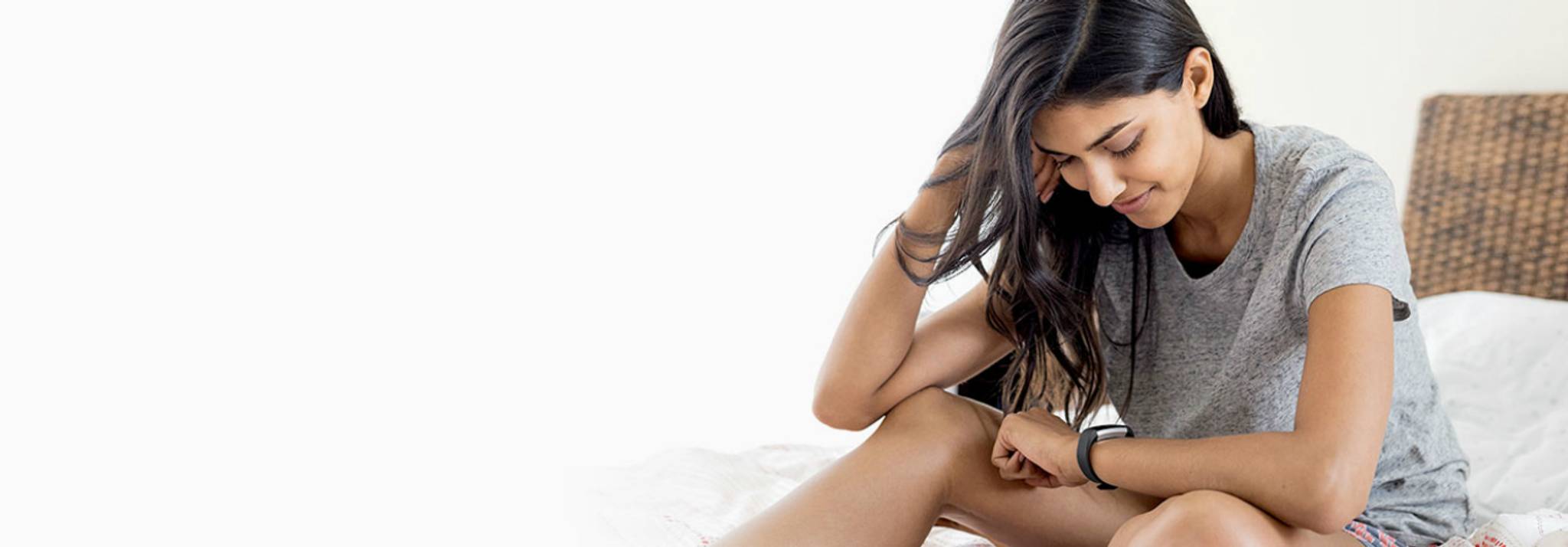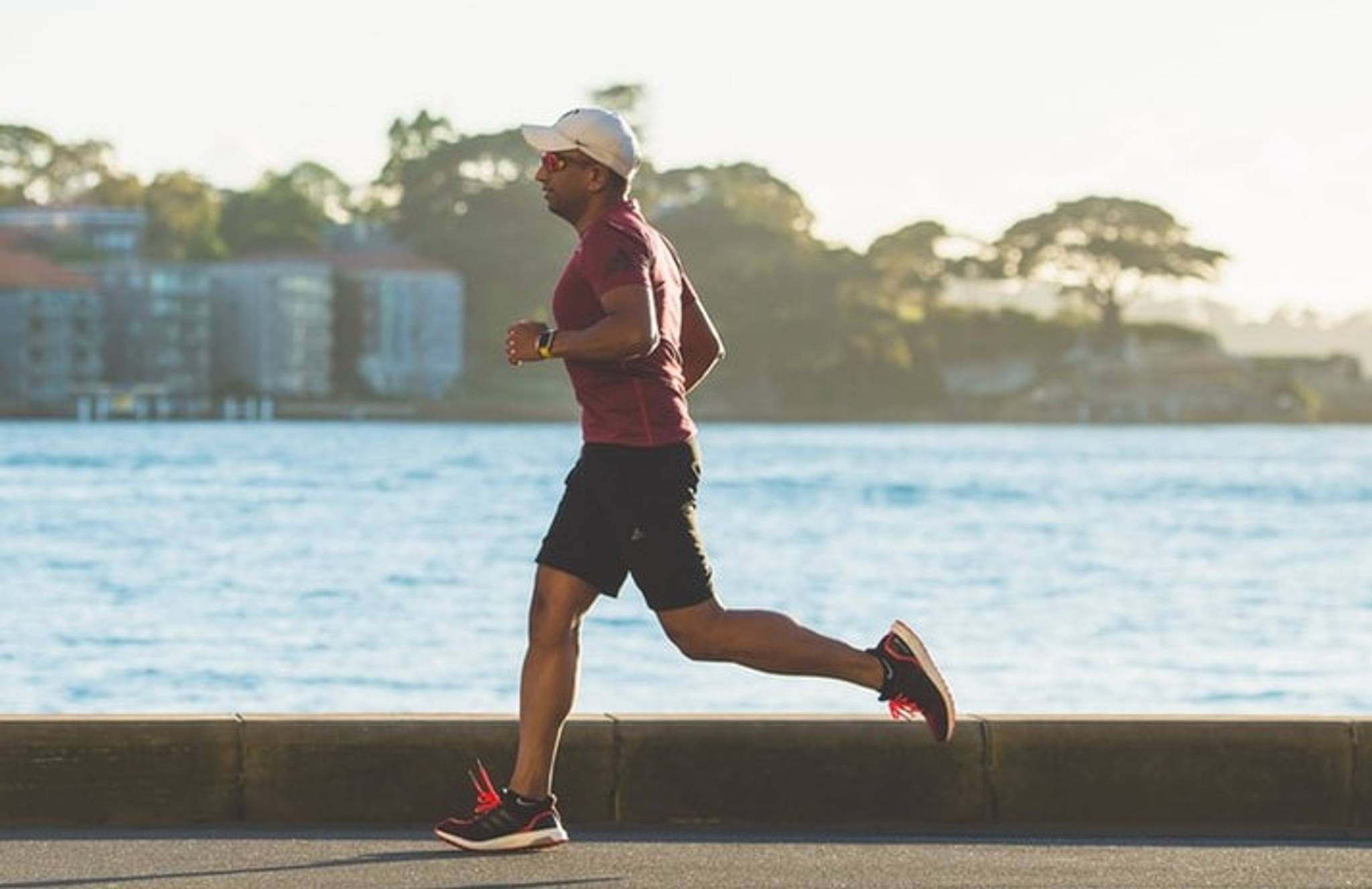
Tracking sleep, heart rate, and physical activity may help people feel more on top of their health, but research suggests that self-quantifying can also trigger feelings of guilt and anxiety. As health tech booms, brands could do well to help people establish healthy tracking behaviours. We explore the insights behind this, and why people are fixating over their health data.
Health trackers can make valuable recommendations for a healthy lifestyle but they may also increase feelings of health anxiety and guilt. A study by the University of Copenhagen followed a group of heart patients with cardiac arrhythmia and pacemakers during six months of Fitbit use. The research finds that trackers gave patients a general sense of becoming more in tune with their overall health, but when their metrics failed to meet expectations, the trackers made them anxious.
“Patients begin to use the information from their Fitbits just as they would use a doctor,” says Tariq Osman Andersen, author of the study. “However, they don't get help interpreting their watch data. This makes them unnecessarily anxious, or they may learn something that is far from reality.”
As the coronavirus outbreak underscores the importance of leading a healthy lifestyle, health trackers have become an established part of many people’s healthcare regimens, particularly in the US, where one in five adults regularly wears a smartwatch or wearable fitness tech. However, the transparency afforded by these devices can lead some people to become fixated with their health metrics. Scientists at Rush Medical College and the Feinberg School of Medicine in Chicago have even coined the term ‘orthosomnia’ to describe patients who are either ‘preoccupied or concerned with improving or perfecting their wearable sleep data’.
As more people monitor their health through tracking devices, brands have a responsibility to help users to better interpret their health data as well as remind people that health trackers don’t always paint the whole picture.
Lottie Hanwell is a behavioural analyst. She loves travelling, reading novels, cuddling dogs, and hosting dinner parties. A graduate of engish literature and spanish, she’s adventured through South and Central America, where she developed a taste for Argentine malbec and dodgy reggaeton. Now settled back in London, she hopes to translate her fondness of people-watching to her role at Canvas8.



